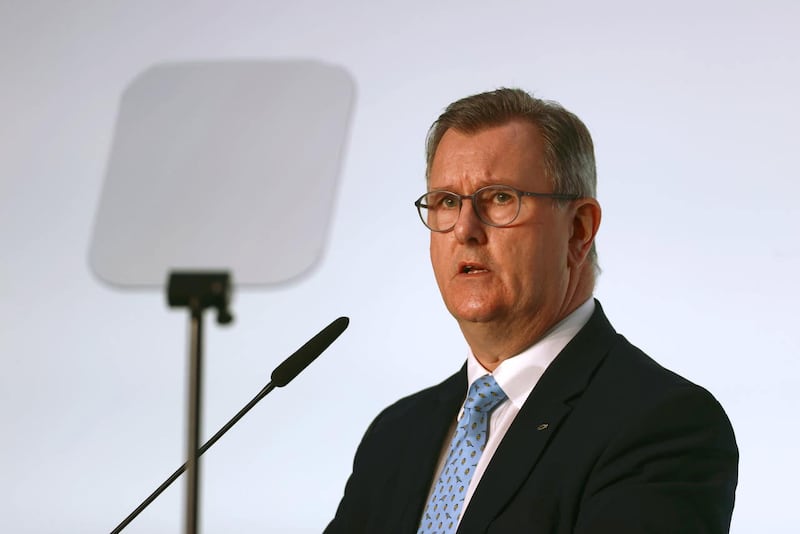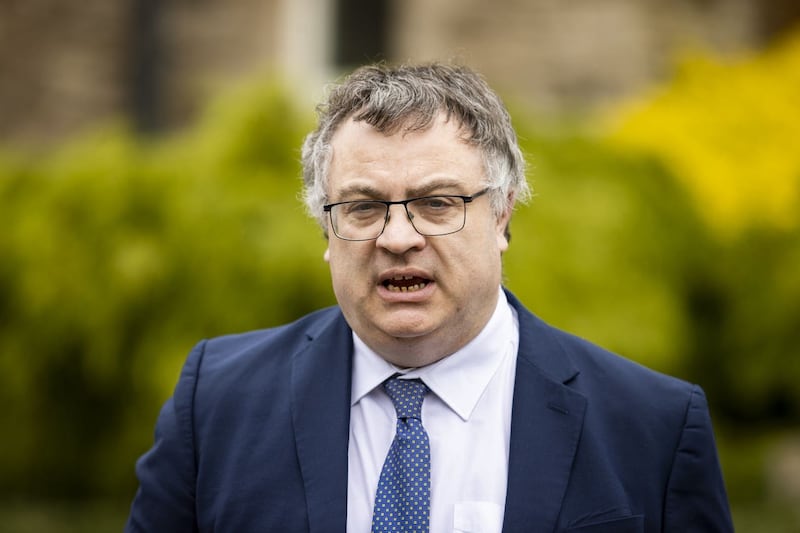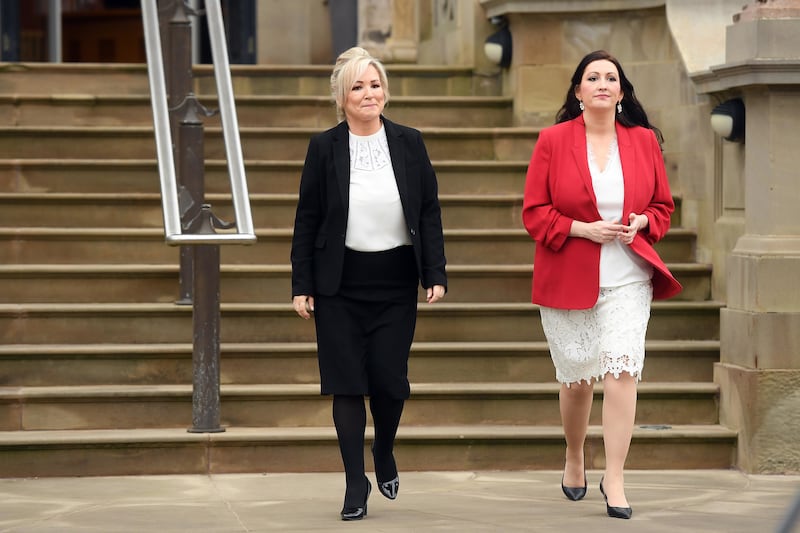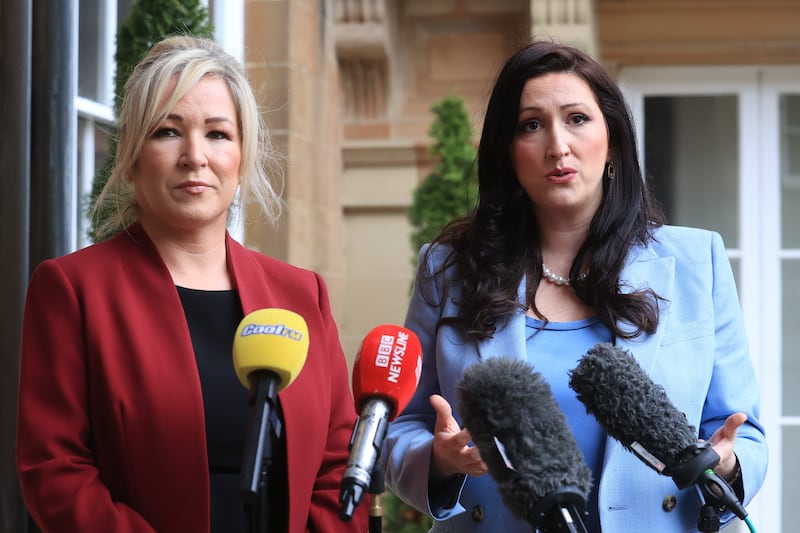Any changes to the functioning of the Stormont Executive should be put to the people of Northern Ireland, UUP leader Doug Beattie has said.
The Northern Ireland Affairs Committee has said Stormont rules should be urgently reformed and the first and deputy first minister roles should be rebranded as joint first ministers.
In a report following an investigation the committee also recommended that the Stormont speaker should be elected by a two-thirds majority of MLAs, and that the same threshold should be used to elect first and deputy first ministers.
The DUP has been blocking powersharing at Stormont for more than a year and a half in protest at the internal UK trade barriers created by Brexit’s Northern Ireland Protocol.

Sir Jeffrey Donaldson’s party has been involved in negotiations with the Government about the Windsor Framework, which reformed the protocol, and is seeking further assurances, by way of legislation, over Northern Ireland’s place in the UK internal market.
During the latest suspension, the DUP has blocked several attempts to elect a speaker, which is required before ministers can be nominated to form an executive.
Within current rules, votes from a majority of MLAs within both the nationalist and unionist traditions are needed to secure the posts of speaker, and first and deputy first ministers.
During its evidence, the committee heard that with the growth of the proportion of Northern Ireland society identifying as neither unionist nor nationalist since the agreement, “supermajority” voting would “effectively equate to cross-community consent”.
The committee said the changes would require consultation with the Irish Government as co-guarantors to the Belfast/Good Friday Agreement, as well as the parties of Northern Ireland.
It said that the 1998 Northern Ireland Act that came from the agreement, which enshrines power-sharing government and devolution in Northern Ireland, would also need to be changed.
The Stormont powersharing institutions have been collapsed on several occasions previous to the current political impasse, including by Sinn Fein in 2017 in protest at the DUP handling of a green energy scheme.
On that occasion the institutions remained dormant for three years.

DUP MP Carla Lockhart, who sits on the Northern Ireland Affairs Committee, said she has “grave concerns” about its recommendations.
“The last 25 years couldn’t have happened without inbuilt protections for both unionists and nationalists and this report is just trying to set that aside,” she told the BBC.
“It’s trying to undermine that fact that unionism does not support what the Government has done in recent months around the protocol and the Windsor Framework.
“We want to get back to consensus politics and we don’t believe that any sweeping new ways of working should be introduced to Northern Ireland and the assembly at this time.”
In a statement Sinn Fein said that “25 years since the Good Friday Agreement, it’s imperative to learn lessons around what has worked, but also what hasn’t”.
Mr Beattie said his party has always called for a “factory reset” to the settings of the 1998 agreement, which received the support of over 71% of the electorate in a referendum at the time.
A number of changes were made to the original accord at the St Andrew’s talks in 2006.
The UUP leader said any changes to the process of governing “must be put before the people of Northern Ireland”.
“The principle of consent needs to be at the heart of any change,” he said.

Alliance MP Stephen Farry said the report is a “strong endorsement of the need for reform”.
“The report is a significant and strong endorsement of reform of the structures and institutions of the Good Friday Agreement.
“It was always envisaged the agreement would evolve to meet changing demographics and circumstances, whilst respecting and preserving its underlying principles,” he said.
“The past 25 years have demonstrated an underlying instability, unfairness and lack of effectiveness of the institutions.
“In particular, the institutions have only been operational for 60% of that time.
“Even if the Assembly and executive is restored in the near future, the risk of a further collapse remains.
“The committee recommendation for an independently-led comprehensive review is absolutely crucial.
“In particular, reform will only happen if and when the UK and Irish provide leadership and drive the process.”







